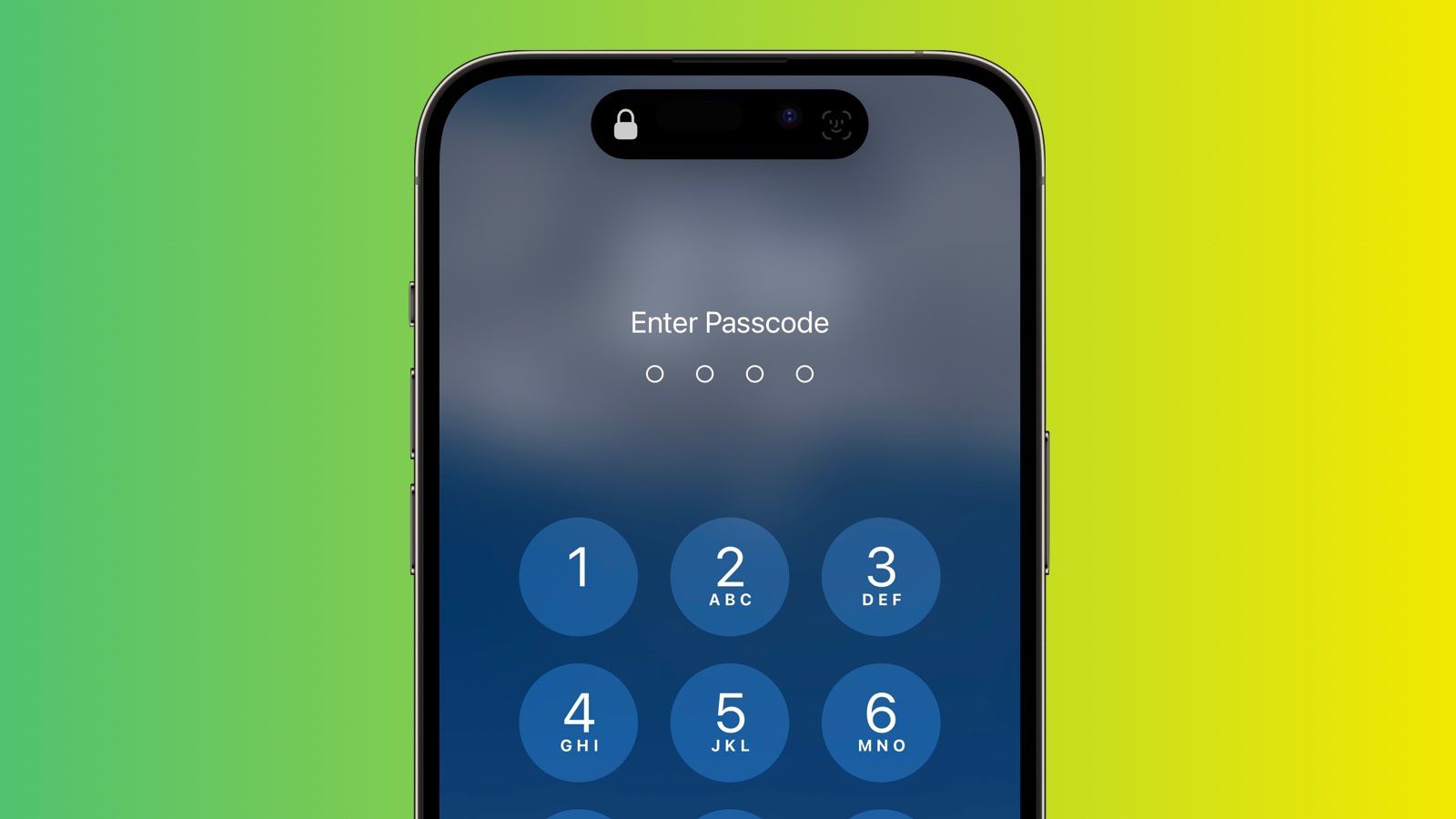LastPass says employee’s home computer was hacked and corporate vault taken
Really, Really bad news for any LastPass users - I'm sure that list is shrinking mightily fast
Really, Really bad news for any LastPass users - I'm sure that list is shrinking mightily fast



